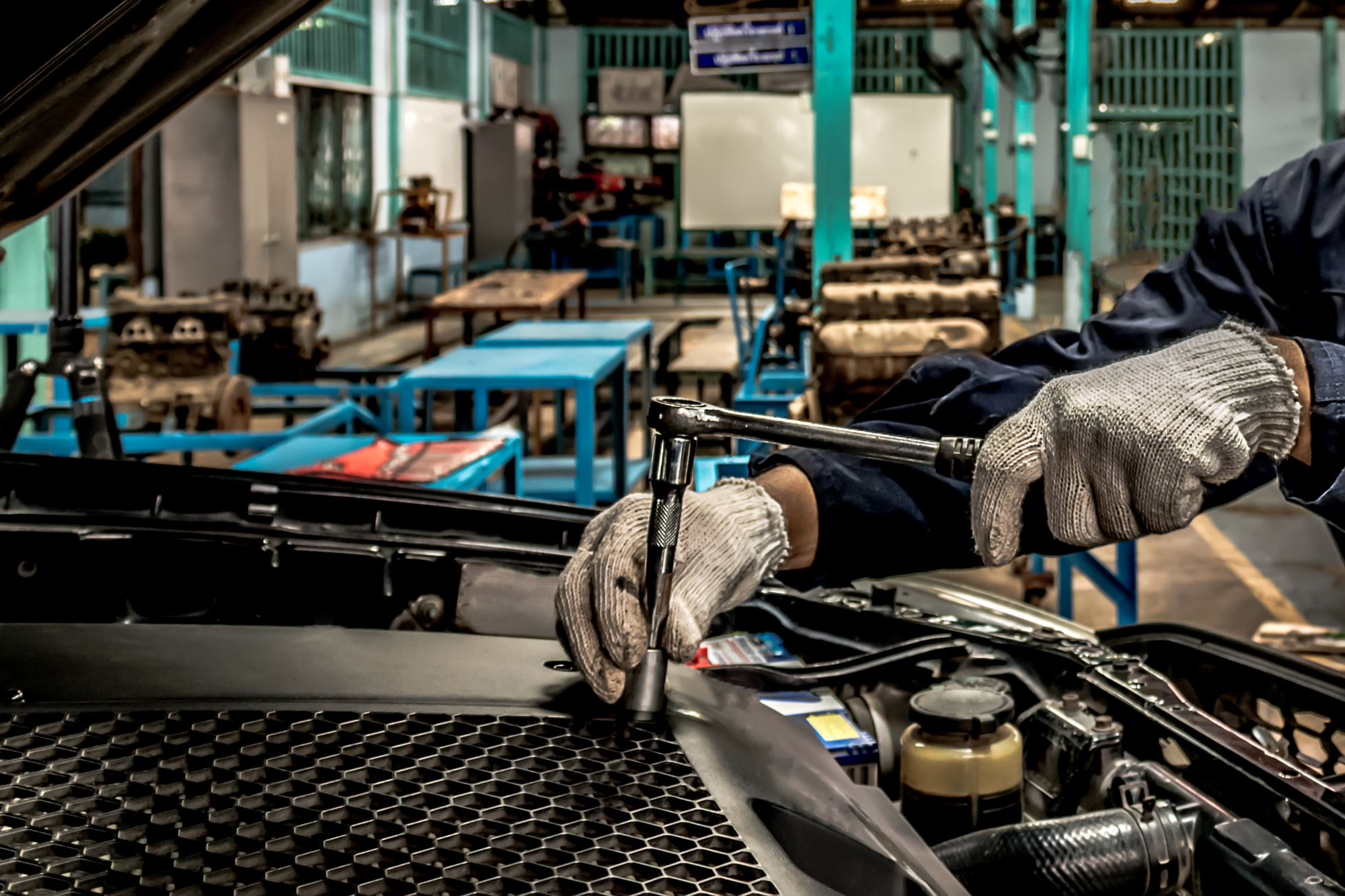Walk into a restaurant, izakaya (pub) or convenience store in Japan in 2018 and there's an increasing chance that you'll be served by someone who wasn't born in this country.
The language they use is the same — "Irasshaimase" ("Welcome"), "O-matase shimashita" ("Sorry to keep you waiting"), "O-nomimono wa ikaga deshō ka?" ("How about some drinks?") — and so is the quality of work.
What has changed is the number of tasks they're having to do. Whether it's dealing with a customer in a new language who's angry at the service they're getting or having to work long hours of overtime to cover for a lack of necessary hiring, the jobs these people are doing are anything but easy.


















With your current subscription plan you can comment on stories. However, before writing your first comment, please create a display name in the Profile section of your subscriber account page.